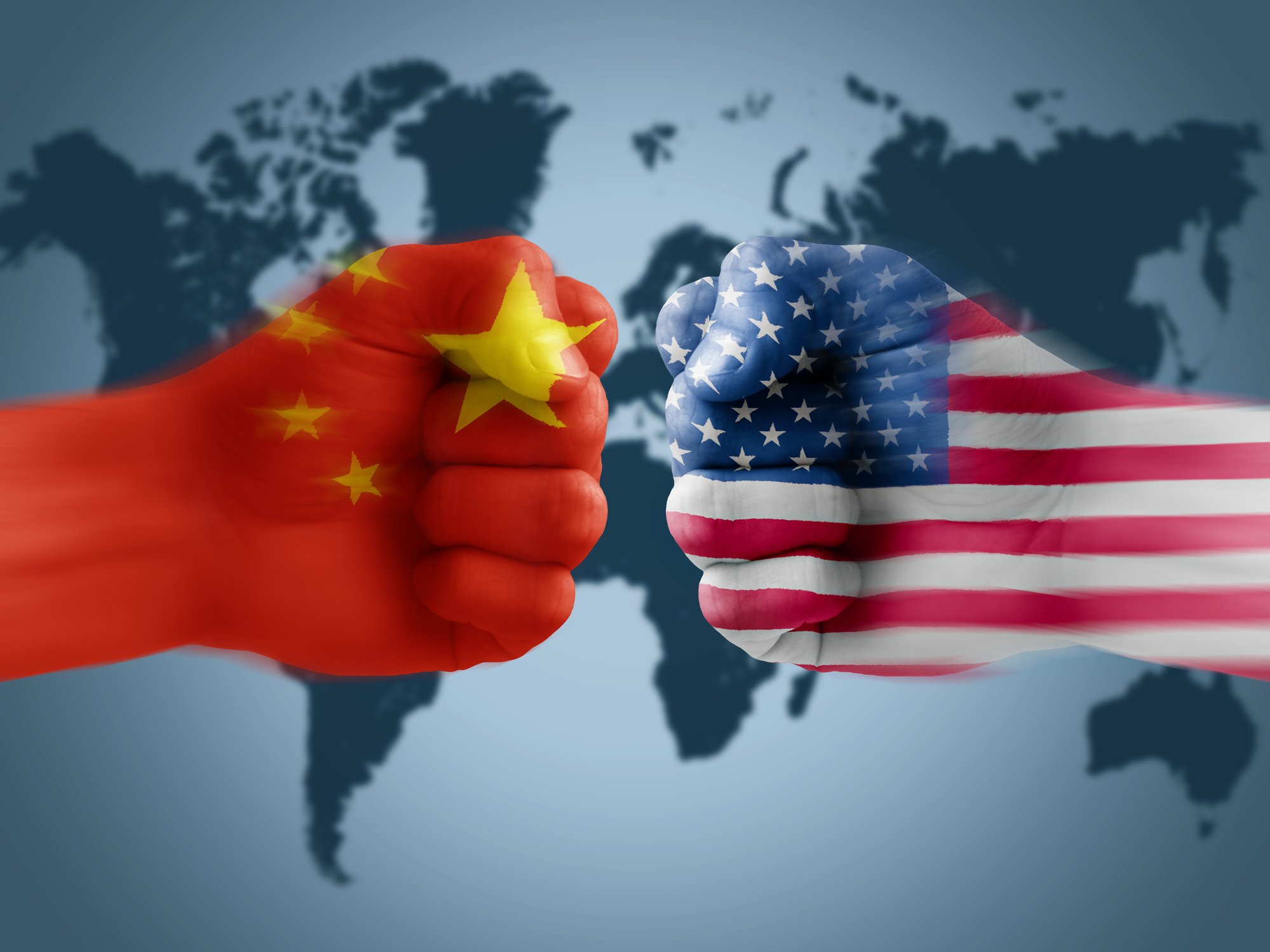Tesla Motors (TSLA +0.00%), Thor Industries (THO +4.63%), Boston Beer (SAM +4.34%), and Chipotle Mexican Grill (CMG +1.38%) make and sell vastly different products in different industries to entirely different demographics. When it comes to these names as investments, they share one key problem in common, and it's a problem many companies wish they had.
The Tesla problem
No, I'm not referring to any fire unless by fire you mean the fiery demand. For all of 2013 and into the foreseeable future it looks like, as Tesla's CEO Elon Musk has been quoted as saying, "We really are production constrained not demand constrained."
Tesla has been steadily ramping up production and is seeing its margins improve accordingly. Recently, the company announced it delivered 6,900 vehicles in the fourth quarter compared to guidance of 6,000. For a company that has some customers who have been waiting as long as two or three years for a delivery (such as in Europe), increased deliveries translate into increased production.
The market loves it, and Tesla hit new highs leading up to its earnings announcement. Still, a lot of expectations are baked into Tesla's stock price, as it trades with a P/E ratio over 100 compared to 2014's estimated earnings. The market clearly expects growth and earnings beyond 2014 to be at extremely high levels. Whether it achieves that or not will depend on production first and foremost. Tesla's problem is that it can't make its cars fast enough to meet demand.
The Thor Industries problem
Thor Industries makes and sells two types of recreational vehicles, or RVs. There is the towable kind and the motorized kind, but it's the motorized RVs in particular that are seeing off-the-scale demand. According to the Recreational Vehicle Industry Association, an improving economy and easier credit is causing a flood of demand from consumers toward buying motorized RVs. As such, Thor Industries and its competitors such as Winnebago are seeing an explosion in motorized RV sales and backlog.
Thor Industries last quarter saw a 45% pop in motorized RV sales. This was during a time considered "the off season," and sales were even higher than the seasonally superior summer quarter. Its backlog for motorized RVs more than doubled and represented multiple quarters worth of sales. Just like for Tesla, for Thor Industries it is currently a matter of how many units the company can produce and how fast. For now, Thor Industries' problem is ramping up production.
The Boston Beer problem
Despite a steady decline in the nation's beer consumption over the years, Boston Beer literally can't brew its suds fast enough. Last quarter it saw sales explode 30%. It would have been even higher if Boston Beer had more to sell. CEO Martin Roper stated that the company simply ran out of beer at several points due to overwhelming demand. The company is working day and night to increase brew-duction as Roper describes Boston Beer's problem as "tank constrained." Similar to Tesla and Thor Industries, the name of the game for Boston Beer is production and how many cold ones it can get into anxiously waiting hands.
The Chipotle Mexican Grill problem
This one is my own anecdotal experience, though it did correlate with Chipotle's last quarter results. Last quarter saw sales, same-store sales, and net income take off 20%, 9%, and 30%, respectively. It was the biggest growth spurt of any major restaurant chain I've seen so far this earnings season.
I decided to venture into one for the first time after seeing the fantastic earnings report and try to learn what all the fuss is about. After waiting on the usual long line that always seems to be present, a sign that looked like it already had been hanging there for a while read: "FYI: due to supply shortages, this restaurant is currently serving conventionally raised steak." To top it off, the location was out of jalapenos too, despite the Chipotle logo itself sporting a jalapeno (so you'd think there would be plenty). Apparently demand is so robust, the cattle from which the food is supplied can't be raised fast enough. Chipotle's supply problem (assuming it's more widespread than my local restaurant) has a much different form of "production" than vehicles and beer, but you get the idea.
Foolish final thoughts
Oftentimes, when a company exhibits that it is production-constrained, it is a great sign for three reasons. First, it means the company can potentially raise prices and realize more profit per unit. Second, it can potentially save some money on marketing or advertising. Third, as production increases it can be reasonably sure that increased production will result in increased revenue while also realizing possibly fewer costs per unit due to economies of scale. Fools should look for companies that are production-constrained but be cautious to make sure that the reason for the constraint isn't due to goof-ups in the factory but demand from the consumer.







